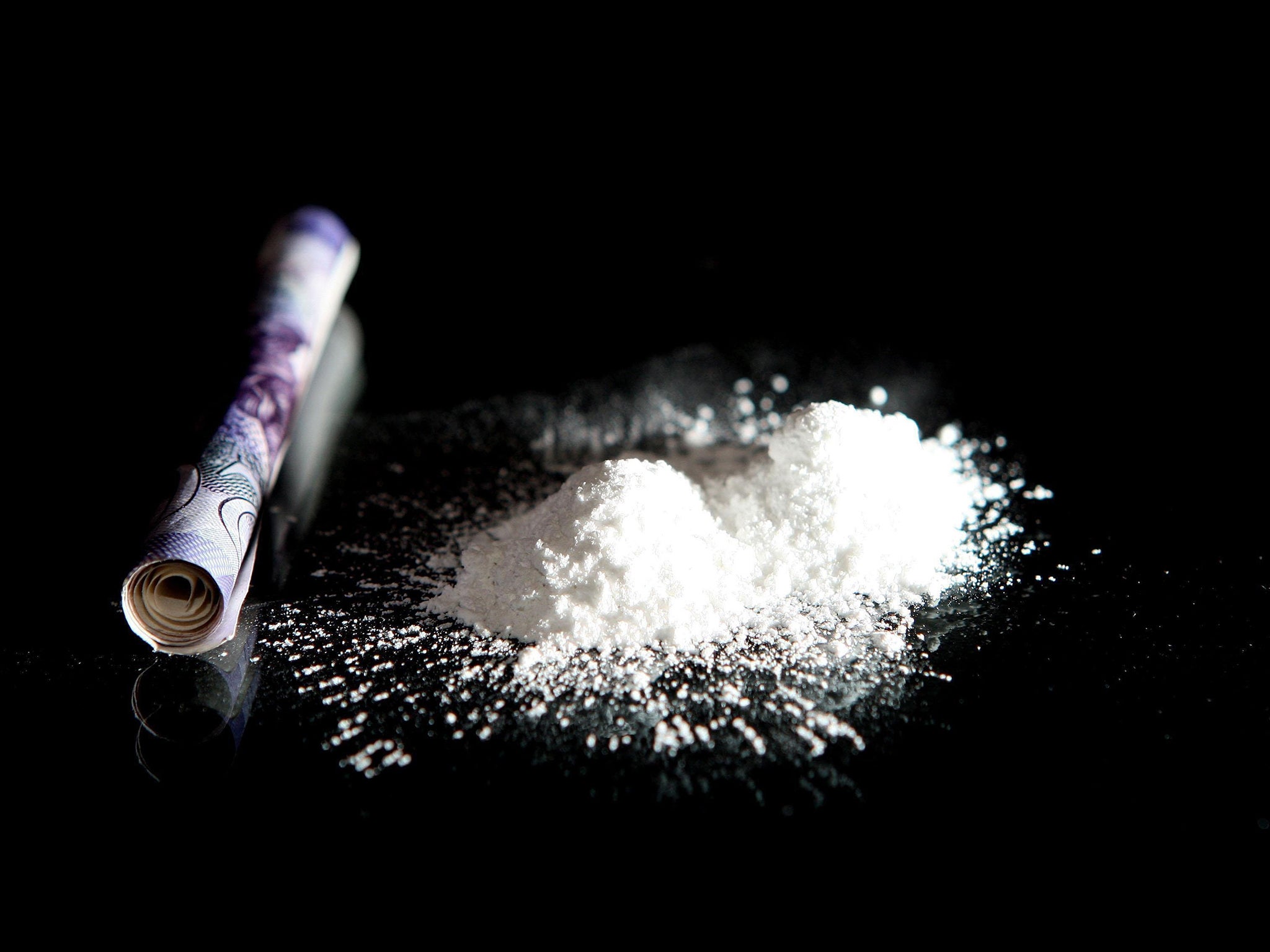Drugs might not be clever, but we should treat addicts as patients not criminals
Students have enough access to drugs already - it's clear that criminalisation doesn't work

Your support helps us to tell the story
From reproductive rights to climate change to Big Tech, The Independent is on the ground when the story is developing. Whether it's investigating the financials of Elon Musk's pro-Trump PAC or producing our latest documentary, 'The A Word', which shines a light on the American women fighting for reproductive rights, we know how important it is to parse out the facts from the messaging.
At such a critical moment in US history, we need reporters on the ground. Your donation allows us to keep sending journalists to speak to both sides of the story.
The Independent is trusted by Americans across the entire political spectrum. And unlike many other quality news outlets, we choose not to lock Americans out of our reporting and analysis with paywalls. We believe quality journalism should be available to everyone, paid for by those who can afford it.
Your support makes all the difference.People are up in arms. A Government report released last week revealed that a tough approach towards drugs isn’t actually the most effective. By studying 13 countries, the report reached the conclusion that sending drug addicts to jail doesn’t actually decrease drug use – and this has got some people saying we should decriminalise the powders and pills.
“Does this mean drugs are good now?” you might ask. No silly, puff and blow still wreak havoc with your central nervous system and all that malarkey. This just means that the Government has finally recognised that sending heavy users to prison might not be the best ammunition in the war on drugs.
The report pointed to Portugal, where drugs were decriminalised 13 years ago. Carrying small amounts – whether class A, B, or C – is no longer a criminal offence, it’s a civil one just like a parking ticket. Instead, drug possession is treated as a health issue and treatment is encouraged.
As a result, drug use among young people, crime, overdoses, HIV infection rates, and criminal justice spending have all gone down in Portugal. Sounds like it worked – so I guess that’s that, then? If it’s so clear that treating drugs as a health issue not a criminal one works, then we should get those papers drawn up, right?
Wrong. People are not happy – Michael Ellis, a Conservative MP, echoed the nightmares of many parents on the Today Programme when he wondered whether decriminalisation could lead to a surge in drug use. Sure, you can see where he’s coming from; if you can buy heroin as easily as Haribo, what’s to stop everybody just shooting up in Starbucks?
Except that’s incredibly naïve. If people want to shoot heroin into their veins, I’ve got news for you: they’re going to shoot heroin into their veins. Drugs may be illegal, but they’re not hard to come by – especially in student areas. And the appeal of taking drugs isn’t just the thrill you feel in those wild few hours while you’re high; it’s a habit which has evolved from younger years.
As a teenager, I was surrounded by angst-ridden, sex-obsessed 16-year-olds desperate to show they weren’t scared of The Man. Hell, I was one of those 16-year-olds. It’s only by being one of those 16-year olds, choking on smoke in between sips of vomit-inducing tequila, that I realised how pointless drug-taking actually is.
See, a few hours of crazy tomfoolery just aren’t worth the risk – something a huge amount of young people figure out through experience. I mean, how else did all those hippies from the seventies grow up into our fuddy-duddy parents? They experimented, they partied, and then they grew up. Anyone who honestly believes that decriminalising drugs will make youngsters any more likely to dabble clearly underestimates how much exposure to them we already have.
If anything, the criminalisation of drugs makes drug abuse more likely in young people; it’s seen as rebellious, cool, edgy. If it were seen as a health issue, not one of putting two fingers up to the world, then it would be way less exciting. Let’s face it: being caught with a sachet of the white stuff and getting sent to hospital for treatment is a way less sexy story than being thrown into a cell next to a bunch of hardened baddies.
So no, decriminalising drugs wouldn’t make them suddenly good – but nor would it make us any more eager to take them. People who snort away their Saturday nights do it regardless of the implications; they don’t care. Treating drug abuse for what it really is – a health issue – is the best way to make the danger hit home.
Join our commenting forum
Join thought-provoking conversations, follow other Independent readers and see their replies
Comments